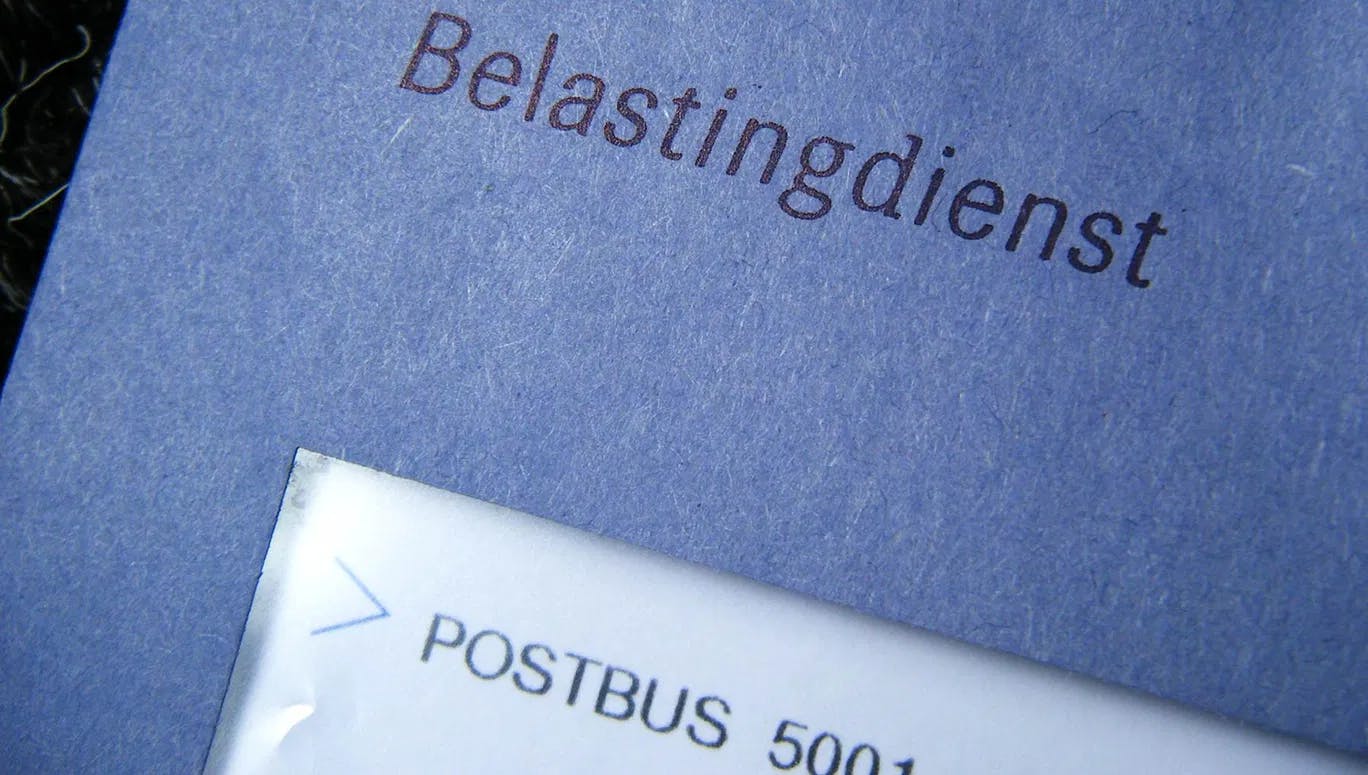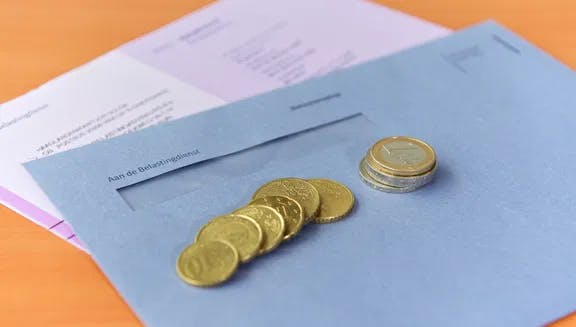
How to file your taxes
Annual income tax returns in the Netherlands
Annual income tax is just one of the taxes that locals know to expect from the Belastingdienst. In the Netherlands, the fiscal year runs from 1 January to 31 December. The time frame for submitting income tax returns is from 1 March until 30 April. It is possible to request a further extension, but this must occur before the deadline. You can request an extension by contacting the Belastingdienst directly or by having your accountant make the request.
How the Dutch tax system works
If you have not received a form from the Belastingdienst, this does not indicate that you are free of tax obligations. If you have been employed in the Netherlands, payroll tax is withheld from your salary each month. The income tax calculation is as follows:
- Salary – €100,000
- Income tax due on salary – €42,000
- Less: payroll tax on salary – €42,000
- Balance – €0
In the above situation, if you were employed for a complete year, you would not have to pay additional income tax. You would not receive a tax form from the authorities and would not be obliged to submit a return. However, you may have incurred tax deductible expenses during the year or could be entitled to a tax refund, and should therefore request a form.
It is important to note that if you received income which hasn't been taxed, you are legally obliged to request a form and file a tax return.
Types of tax forms
Tax authorities issue various forms depending on an individual's situation. The most common forms are:
- P form: for those who are in a regular employment situation and have resided in the Netherlands for the entire fiscal year.
- E form: a simplified P form which only mentions the basics.
- M form: for those who resided in the Netherlands for part of the year.
- C form: for those who are not residing in the Netherlands, but earn Dutch income.
- W form: for the self-employed.
- F form: for relatives of a deceased person.
Filing your taxes
You can file your taxes digitally via the Belastingdienst website. However, the program is only available in Dutch and you will first need to apply for a DigiD. The other option is to enlist the help of a tax accountant or adviser. Many English-speaking advisers who specialise in expat and international tax issues have offices in Amsterdam. Please keep in mind that if you do not already have a DigiD account, it can take a few weeks to arrange this, so don't leave it until the last minute.
If you arrived in or left the Netherlands in the course of the year, filing a tax return may be particularly advantageous.
Dutch wage and income tax is calculated on the basis of four progressive tax brackets. The tax withheld each month from your salary is calculated on the basis of your annual salary. If you worked for half a year in the Netherlands, you may be entitled to a substantial tax refund. It is well worth your while to file a tax return, even if you have not received a form from the authorities.
Please note: the Belastingdienst focuses primarily on digital communication. Activate your online account at MijnOverheid.nl in order to access your messages. To use this service you must first have a DigiD.
After submission
After submitting a tax return, you will receive a preliminary assessment from the tax authorities. The preliminary assessment takes between 6 to 12 weeks after the return has been submitted. In the case of an M form, it can take up to 24 weeks before the assessment is made. The preliminary assessment is simply an estimation. Once tax authorities have checked the return, you will receive a final assessment along with payment or refund details.
Tax Information number:
From within the Netherlands – (055) 538 53 85
From abroad – +31 (0)555 385 385
Opening times: Monday to Thursday: 08:00-20:00 hours. Friday: 08:00-17:00 hours
Or visit the English website of the Belastingdienst









